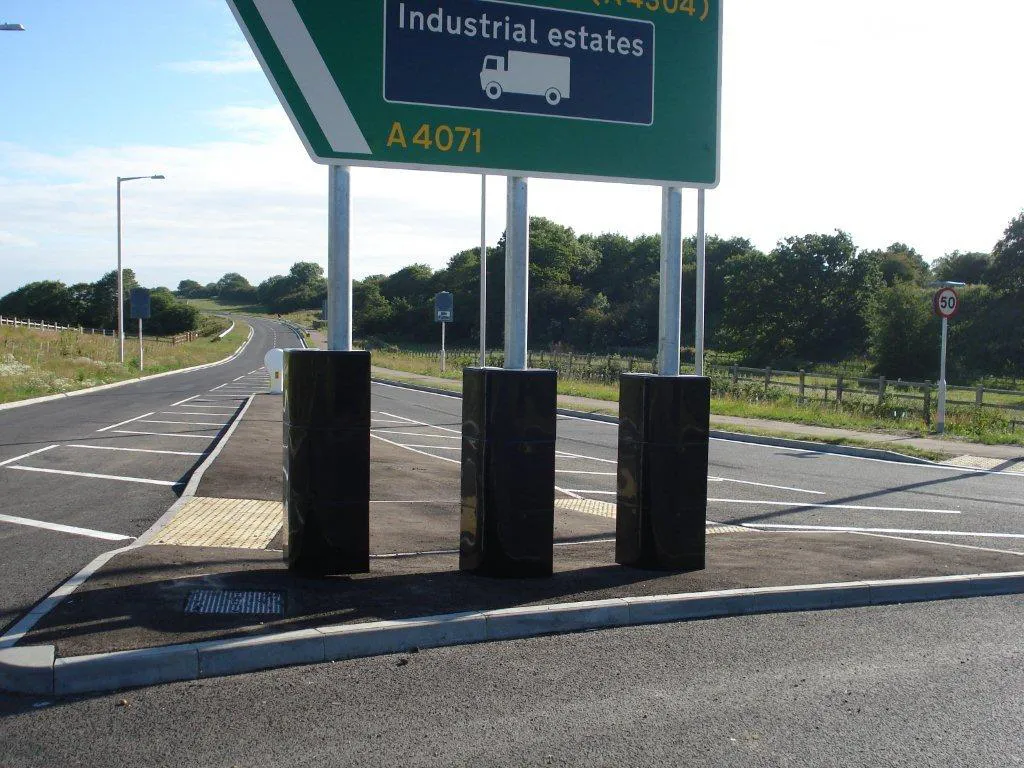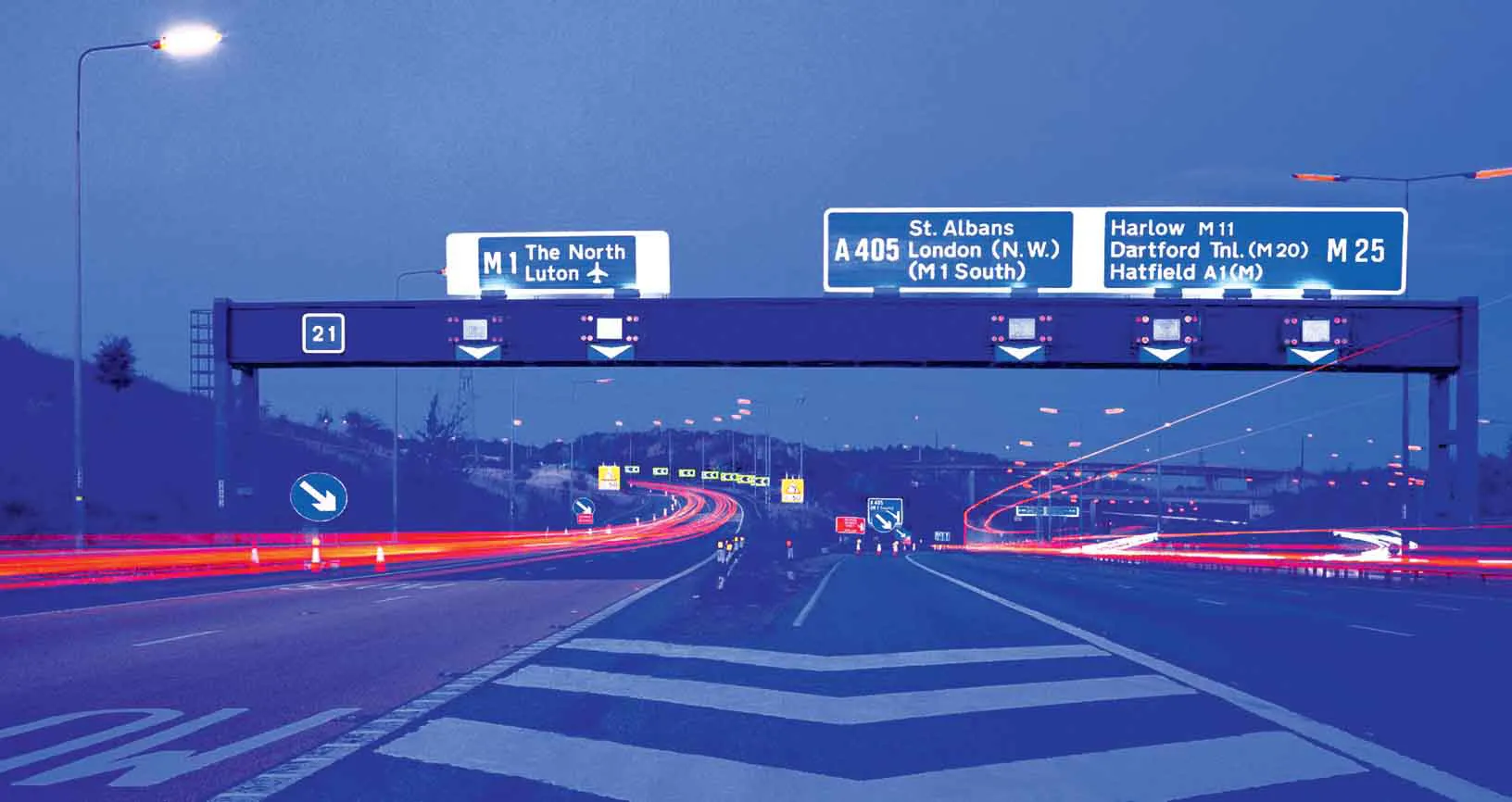As the popularity of PTWs in European cities constantly increases, the need for Europe to adapt its road infrastructure environment in order to better cater for the needs of these particular users is becoming more vital everyday.
February 24, 2012
Read time: 2 mins
As the popularity of PTWs in European cities constantly increases, the need for Europe to adapt its road infrastructure environment in order to better cater for the needs of these particular users is becoming more vital everyday.
Conscious of this pressing need, the Brussels Programme Centre of the2462 IRF released a discussion paper on 'Road Infrastructure Safety of Powered Two-Wheelers' in order to kick-start a broad reflection on the topic and find shared solutions which will ensure PTW riders benefit from the safest possible road environment.
Road safety statistics for PTWs show an increasing trend of fatal accidents: PTW riders now represent 17% of fatalities on European roads. This indicates the problems encountered by riders when faced with an unsuitable road environment. The specific needs of PTWs, in fact, need to be taken into account in all stages of the lifetime of infrastructure, from planning to building and maintenance, to guarantee a safer environment.
In particular, dedicated and specific cost-effective infrastructure measures, such as predictable road geometry, good quality road surfaces, road maintenance, forgiving and self explaining roads and new road restraint systems, which are important for all road users, become essential for PTWs as they help avoid crashes and mitigate their consequences.
The IRF BPC discussion paper, by analysing major accident scenarios caused by road infrastructure deficiencies (manholes, potholes, roadside clutter and inappropriate road barriers) and by outlining two key safety aspects, prevention and mitigation, in which good or bad infrastructure can determine the survival or otherwise of a PTW rider, seeks to provide all interested parties with the necessary
Conscious of this pressing need, the Brussels Programme Centre of the
Road safety statistics for PTWs show an increasing trend of fatal accidents: PTW riders now represent 17% of fatalities on European roads. This indicates the problems encountered by riders when faced with an unsuitable road environment. The specific needs of PTWs, in fact, need to be taken into account in all stages of the lifetime of infrastructure, from planning to building and maintenance, to guarantee a safer environment.
In particular, dedicated and specific cost-effective infrastructure measures, such as predictable road geometry, good quality road surfaces, road maintenance, forgiving and self explaining roads and new road restraint systems, which are important for all road users, become essential for PTWs as they help avoid crashes and mitigate their consequences.
The IRF BPC discussion paper, by analysing major accident scenarios caused by road infrastructure deficiencies (manholes, potholes, roadside clutter and inappropriate road barriers) and by outlining two key safety aspects, prevention and mitigation, in which good or bad infrastructure can determine the survival or otherwise of a PTW rider, seeks to provide all interested parties with the necessary









